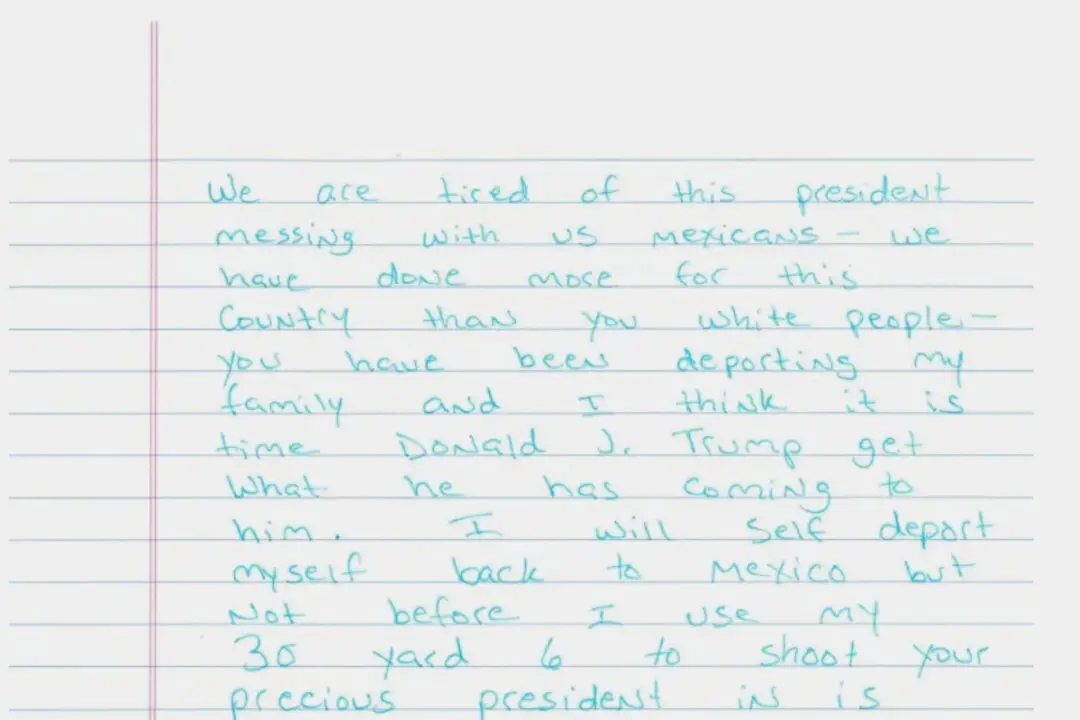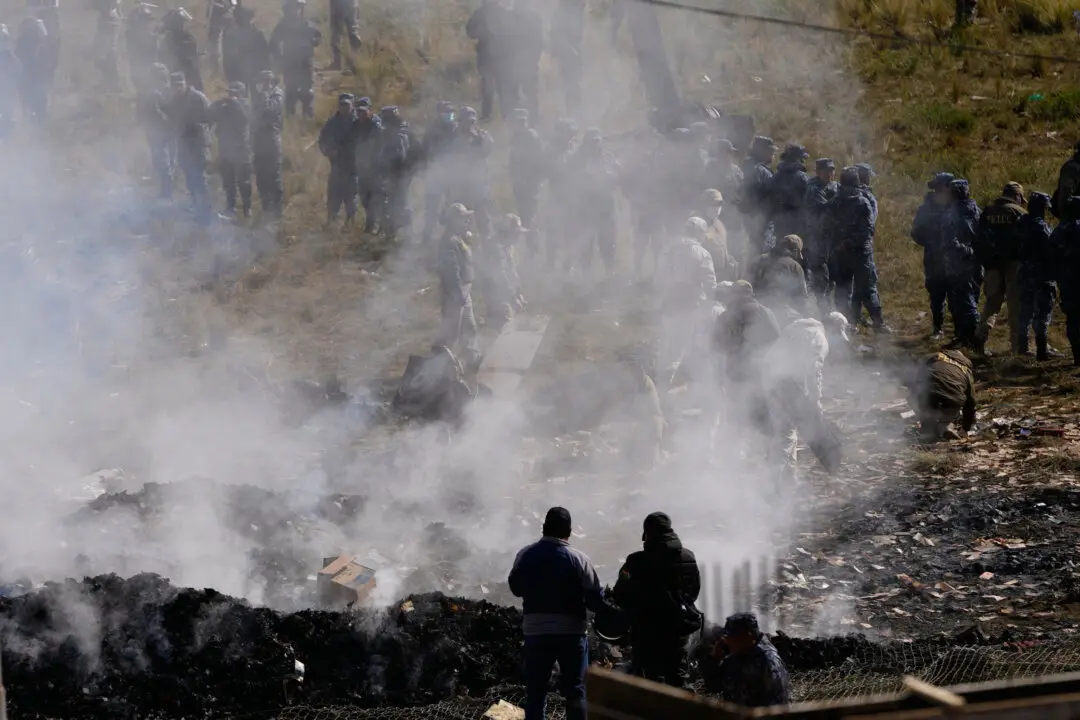TORONTO—The head of the Canadian company behind the proposed Keystone XL pipeline denied Tuesday that political motivation drove its decision to ask the U.S. government to delay consideration of the project.
TransCanada’s request that the State Department suspend its review of the Alberta-to-Texas pipeline could delay any decision until the next U.S. president takes office in 2017, potentially leaving the fate of the controversial project in the hands of a more supportive Republican administration.
The request comes as many anticipate President Barack Obama will reject the project, which has been a flashpoint in the debate over climate change and source of friction between the United States and Canada. Hillary Rodham Clinton, the front-runner for the 2016 Democratic presidential nomination, opposes the pipeline but the Republican candidates support it.
White House spokesman Josh Earnest said the State Department is considering TransCanada’s request, but added that Obama intends to make a decision about the pipeline before leaving office. Earnest said it was important to consider what could be motivating TransCanada’s request.
“It seems unusual to me that somehow it should be paused yet again,” Earnest said.
TransCanada chief executive Russ Girling denied that the request has anything to do with an anticipated rejection of the pipeline. The company said a suspension of the review would be appropriate while it works to secure approval of its preferred route through Nebraska in the face of legal challenges. TransCanada anticipated it would take seven to 12 months to get approval from Nebraska authorities.
“We have worked very hard for seven years try to keep our head down and work our way through every twist and turn and every additional request to the regulatory process and we are intent on continuing to do that until you get the regulatory approval and we have solved people’s issues through that process,” Girling said on a conference call with analysts and media.
The Keystone XL project has undergone repeated federal and state reviews since TransCanada announced the project in 2008. The 1,179-mile (1,900-kilometer) pipeline would run from Canada through Montana, South Dakota and Nebraska, where it would connect with existing pipelines to carry more than 800,000 barrels of crude oil a day from the Alberta oil sands to refineries along the Texas Gulf Coast.
Opponents say the development of Alberta’s oil sands require huge amounts of energy and water and increases greenhouse gas emissions. They warn pipeline leaks could potentially pollute underground aquifers that are a critical source of water for farmers in the Great Plains. Supporters maintain it will create jobs and reduce U.S. reliance on Middle Eastern oil. They argue that pipelines are a safer method of transporting oil than trains, pointing to recent derailments.





